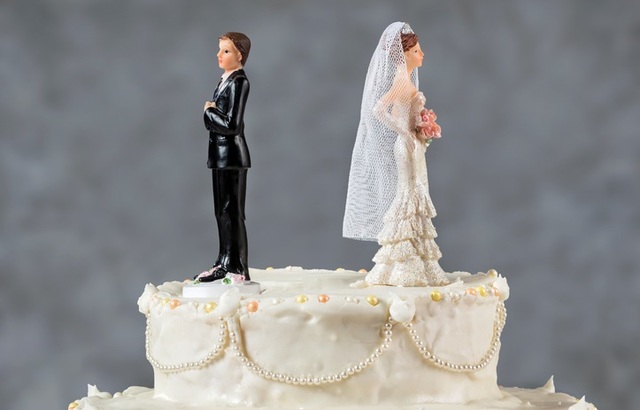Becker and his wife, who have an eight-year-old son, confirmed their break-up was amicable after a tough couple of years, but splitting up their assets is likely to be complicated given the ex-tennis number one’s current status. He was declared bankrupt by the Bankruptcy Court in London last year for being unable to pay a debt to the private bank Arbuthnot Latham & Co dating back to 2015.
At the court hearing Becker’s lawyers argued remortgaging one of tennis star’s homes in Mallorca would raise £5.26m ($7m €5.9m) to pay off the debt. But registrar Christine Derrett doubted whether the debt would be paid, stating in her ruling that there was a lack of credible evidence that this would be the case. She said: “One has the impression of a man with his head in the sand.”
There’s no doubt that adding a chapter 7 bankruptcy into the divorce mix can make things much more complicated. Whilst it is very possible this divorce will be straightforward and simple, and hopefully it is, this case does help shine the spotlight on a number of tricky issues facing couples going through a divorce where a bankruptcy looms in the background. Their advisers too, of course, need to know of the impacts and legalities involved.
Asset ownership issues
The first and most important thing to remember is that if one half of the separating couple is declared bankrupt, their assets are no longer their own.
The ownership transfers to the trustee whose chief responsibility is to sell off assets to ensure a fair distribution to the creditors and this, as you might imagine, has serious consequences for both parties in a divorce.
The pot of assets to be divided shrinks considerably and realistically, any large maintenance payments or lump sums are improbable.
If the couple owned property together, the bankrupt party’s share will now reside with the trustee who will either want to sell the property, or the other option will be, if the solvent husband or wife has the will and means, to purchase the other half of the property from the trustee.
Solvent spouse rights
There’s also a few issues to consider if the property is solely owned by one half of the couple. If the bankrupt spouse owned the property outright, then this ownership will transfer to the trustee. However, under law the solvent spouse does have rights to live there and therefore the trustee will need to get permission from court before the property can be sold.
If the home is in the name of the solvent husband or wife there shouldn’t be any issues – unless their spouse transferred the ownership to them in the previous five years – in which case the trustee could dispute the ownership and challenge it as a transaction at an undervalue. This term, under the Insolvency Act 1986, provides protection against individuals disposing of assets for nothing, or well below market value, in order to put them beyond the reach of any creditors who may come knocking. Therefore, any lump sums or other gifts made in the five years prior to an individual being declared bankrupt could also be scrutinised.
Partner support
However – just because a person is declared bankrupt it doesn’t mean they don’t have any money. Providing the individual works, they can continue to keep a portion of this income so they themselves can live, and any reasonable maintenance payments, spousal or child maintenance, can be paid.
There’s another issue to consider too – spouses who declare themselves bankrupt in order to avoid expensive divorce payments. The potential remedy is to seek to annul the bankruptcy. This happened in 2009 when judges dismissed an appeal by millionaire businessman William Paulin against a ruling annulling his bankruptcy. He was then ordered to pay a £1 million lump sum to his former wife, Nancy.
At the time of the ruling Lord Justice Wilson said: “A tactic now occasionally adopted by a devious husband confronted with an application by his wife for financial relief ancillary to divorce proceedings is to issue proceedings for a bankruptcy order to be made against himself.”
It is obvious – the impacts of a bankruptcy on a divorce can be catastrophic for the other party and there are a number of complex legal issues which require specialist help. This hopefully helps to give the solvent party an advantage they so desperately need in such a difficult situation.








